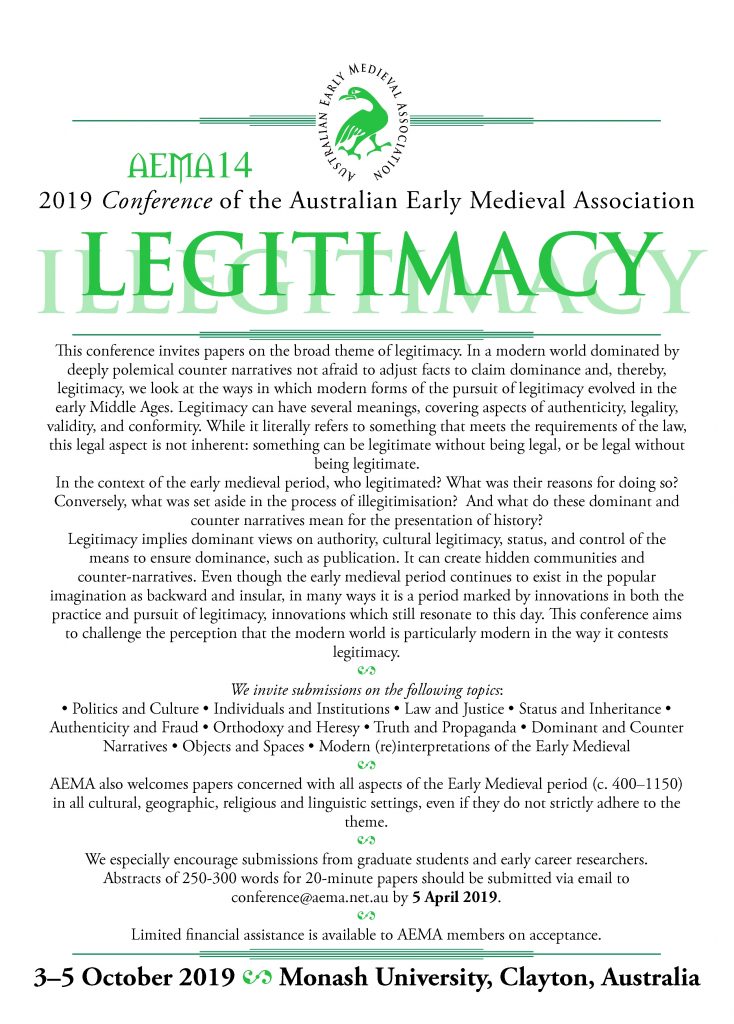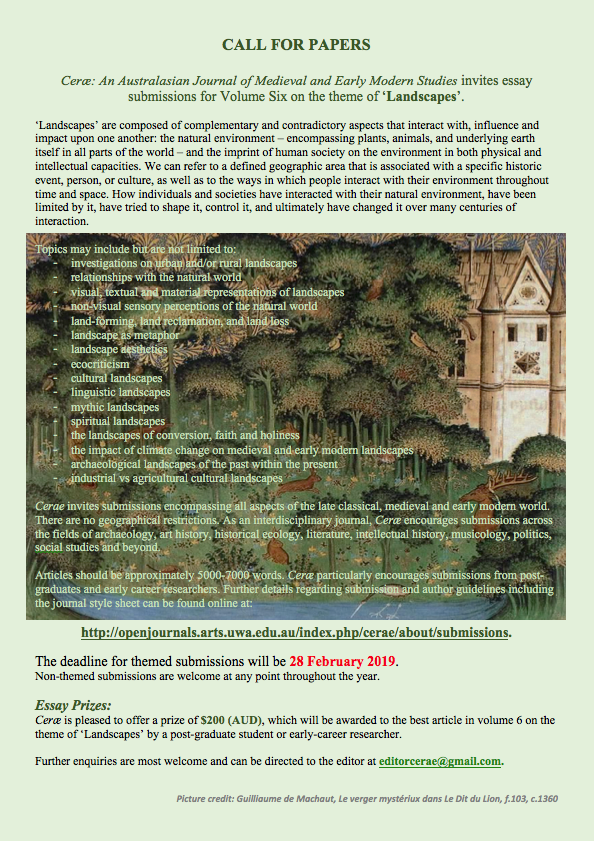Entries are now open for the Royal Studies Journal (RSJ) 2019 Annual Book and Early Career/Post-Graduate Researcher’s Article Prizes.
Book Prize
Launched in June 2015, the Royal Studies Journal Annual Book Prize recognizes
outstanding contributions to the field of royal studies. Authors, publishers, Royal Studies Network (RSN) members, or other interested parties may nominate books, either monographs or edited collections, published during the previous two calendar years (2017-18). Self-nomination is accepted.
Entries must be submitted by 1 March, 2019.
For more information and to register a nomination, go to https://www.rsj.winchester.ac.uk/about/prizes/ and https://royalstudiesjournal.wordpress.com/2018/07/17/cccu-prizes-2018
Early Career Researcher/Post-Graduate Annual Article Prize
Launched in June 2015, the RSJ Early Career and Post-Graduate Researcher’s prize is
awarded annually to a current Early Career or Post-Graduate Researcher for the best
published or unpublished scholarly article-length work (approx. 5,000-10,000 words)
based on original research on any topic that falls within the scope of royal studies.
Contributions are accepted on a year-round basis, with a submission deadline of 1 March, 2019 for inclusion in the current year’s prize campaign. Articles (approx. 5,000-10,000
words) should be submitted in electronic form.
For more information go to https://www.rsj.winchester.ac.uk/about/prizes/ and
https://royalstudiesjournal.wordpress.com/2018/07/17/cccu-prizes-2018/


